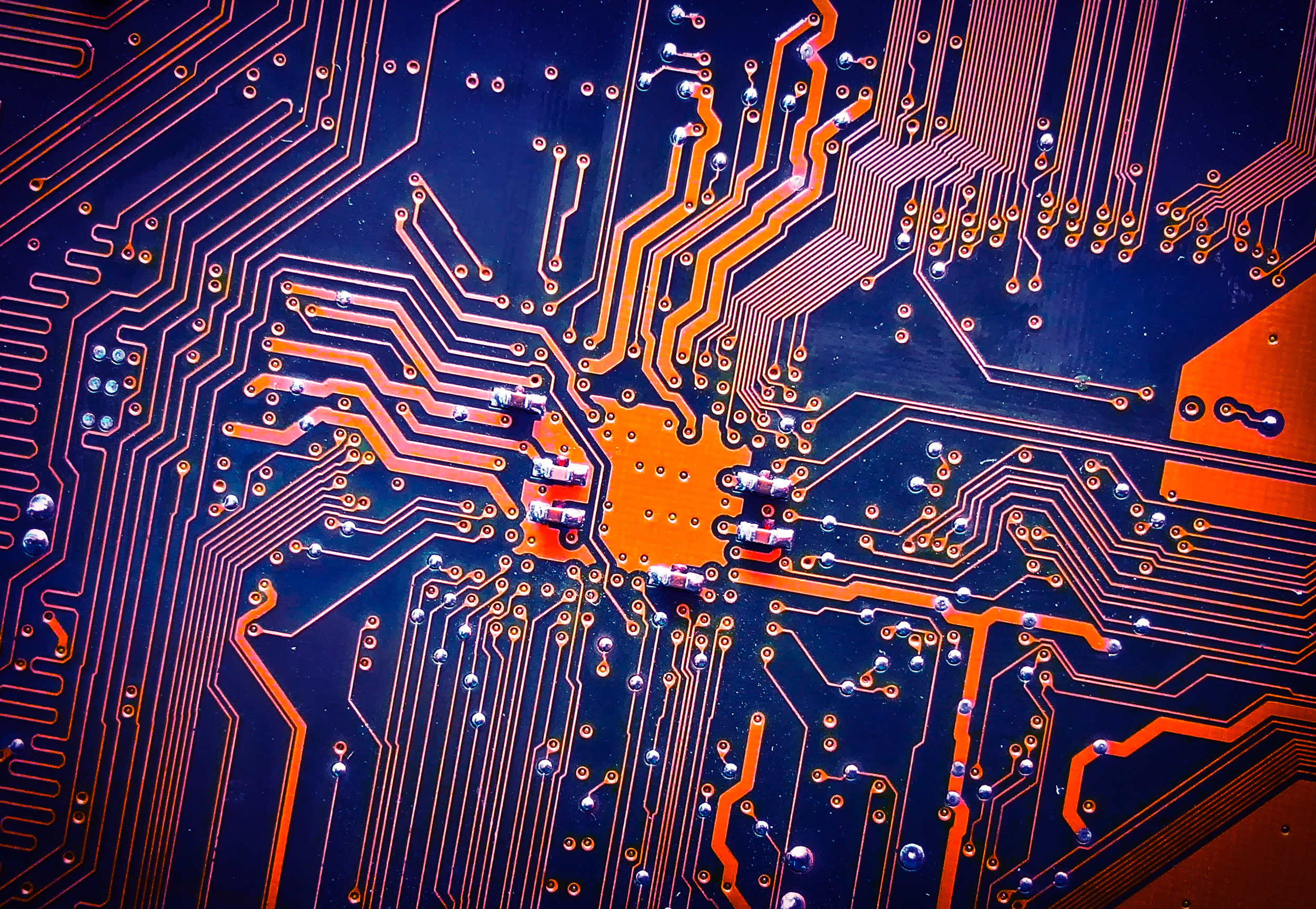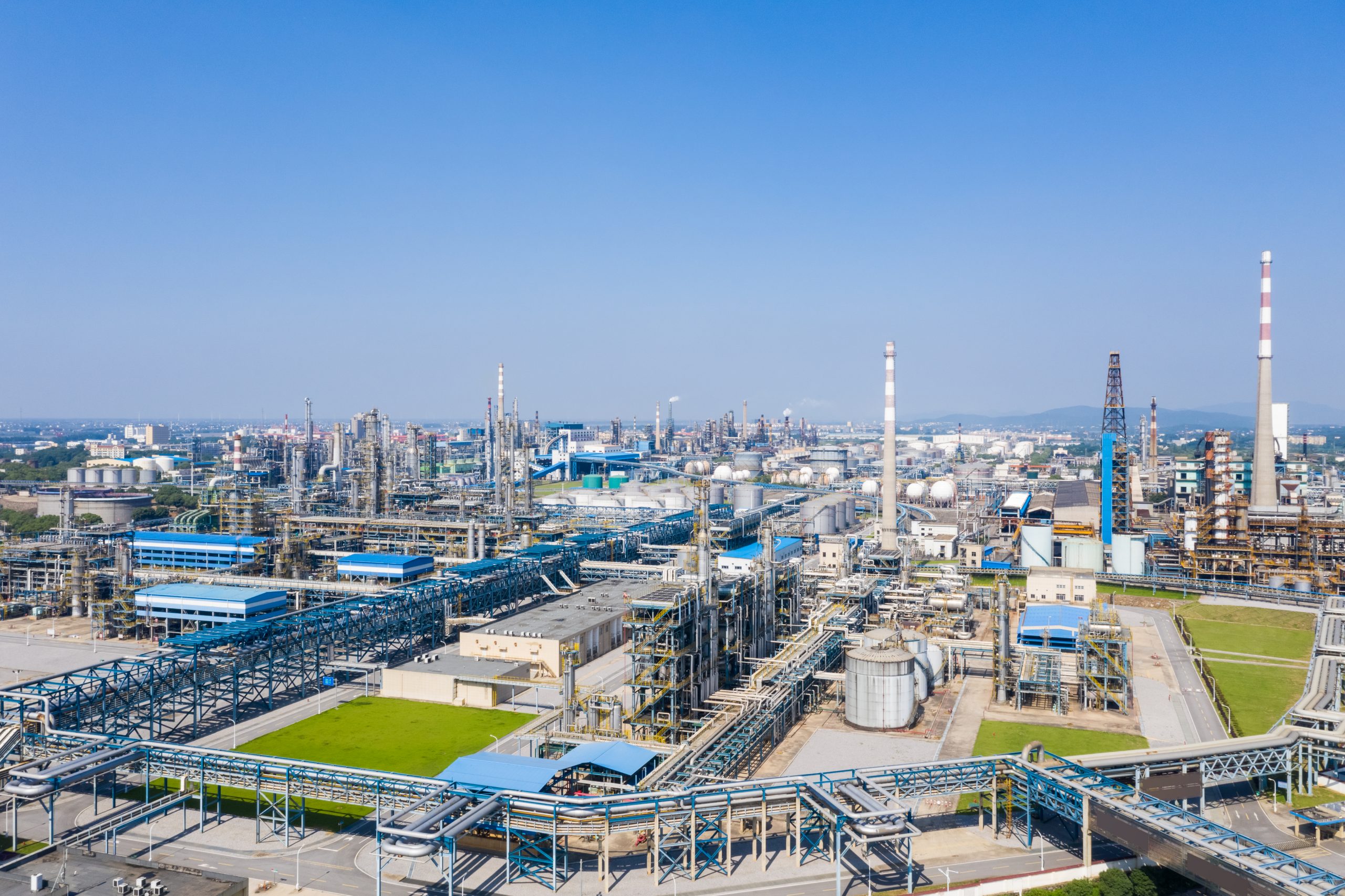Can you imagine what the industries will be like 10 years from now? The concept of industry of the future or smart industries describes the application of different combinations of modern technologies to create a hyperflexible and self-adaptive operating and manufacturing capability.
Smart factories are an opportunity to create new forms of efficiency and flexibility by connecting different processes and information flows. Some technologies are essential to this concept. Let’s address the top 3 below.
IoT – (Internet of Things)
The Internet of Things is the ability of devices to communicate with each other without human interference. This functionality allows the continuous monitor and measuring of various elements through an internet-connected data network.

Thanks to this system, it became possible to know when a piece of equipment, part, or element will need repair or replacement. Another possibility generated is that of transforming products into service providers.
The IoT works through sensors and microchips installed in specific devices and from them the collected data are transmitted to an application that is connected to the internet and will store, process, analyze and share this data in a cloud.
IoT is one of the key technologies in Industry 4.0. Through it, real-time data can be collected, connected, and communicated autonomously between machines, parts, and equipment.
Artificial Intelligence
When we refer to Artificial Intelligence, we are not talking about an isolated technology, but rather a set of technologies that allowed applications in the most varied functions within an industrial process. Neural Networks, Deep Learning, Machine Learning are just some of the many existing computational techniques that play a fundamental role in the contemporary industrial process.

Through artificial intelligence techniques, many industries are able to process large amounts of data for automatic extraction of patterns that are humanly difficult to perceive in assets, processes, and operations.
These techniques allow anomalies in the patterns established by subsequent calculations to be quickly identified, allowing predictions about lost productivity, any deviation in a process, and problems in the structural integrity of assets.
Cyber-Physical Systems
Cyber-physical systems are systems composed of computational elements with the objective of controlling physical entities. Based on this concept, it is possible to carry out simulations, tests, and even predictions in the digital sphere in a way that interferes with the physical elements. The concept of cyber-physicist is strongly associated with Digital Twins. This technology is the digital representation of real elements with continuous data streams.
Intelligent industries are operations and processes that use these technologies, especially cyber-physical systems, to generate greater optimization and performance in their operations, processes, and services through the extensive use of data.
According to data from Statista, the market for technologies aimed at smart industries hit 5.7 billion dollars in 2020, with 3% of the market share belonging to IoT technology providers for industries.
These data show us how the industrial sector has sought to apply the concept in its operation and processes in search of an increasingly flexible, autonomous, and data-supported operation.
Read: The importance of Big data and Artificial Intelligence



